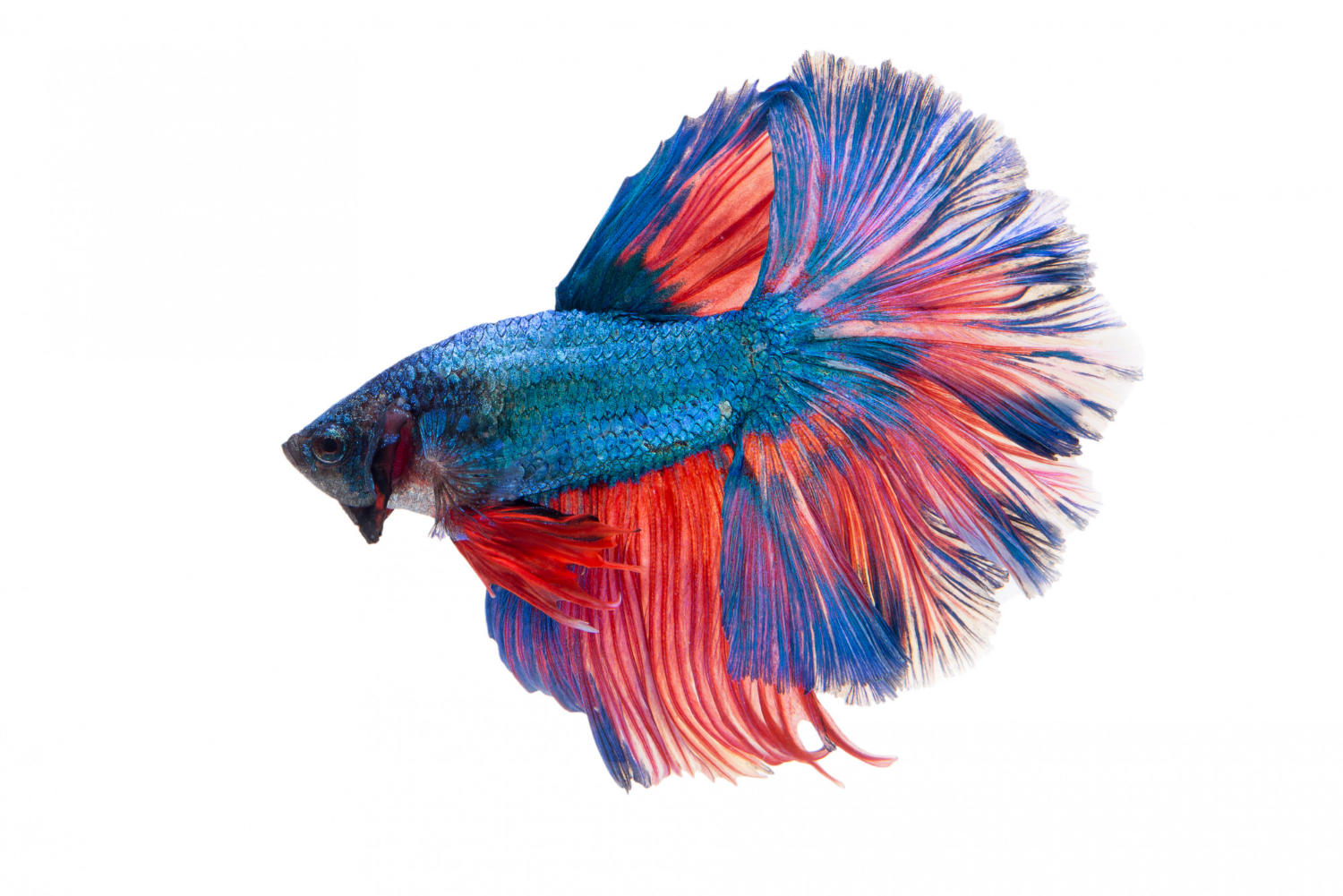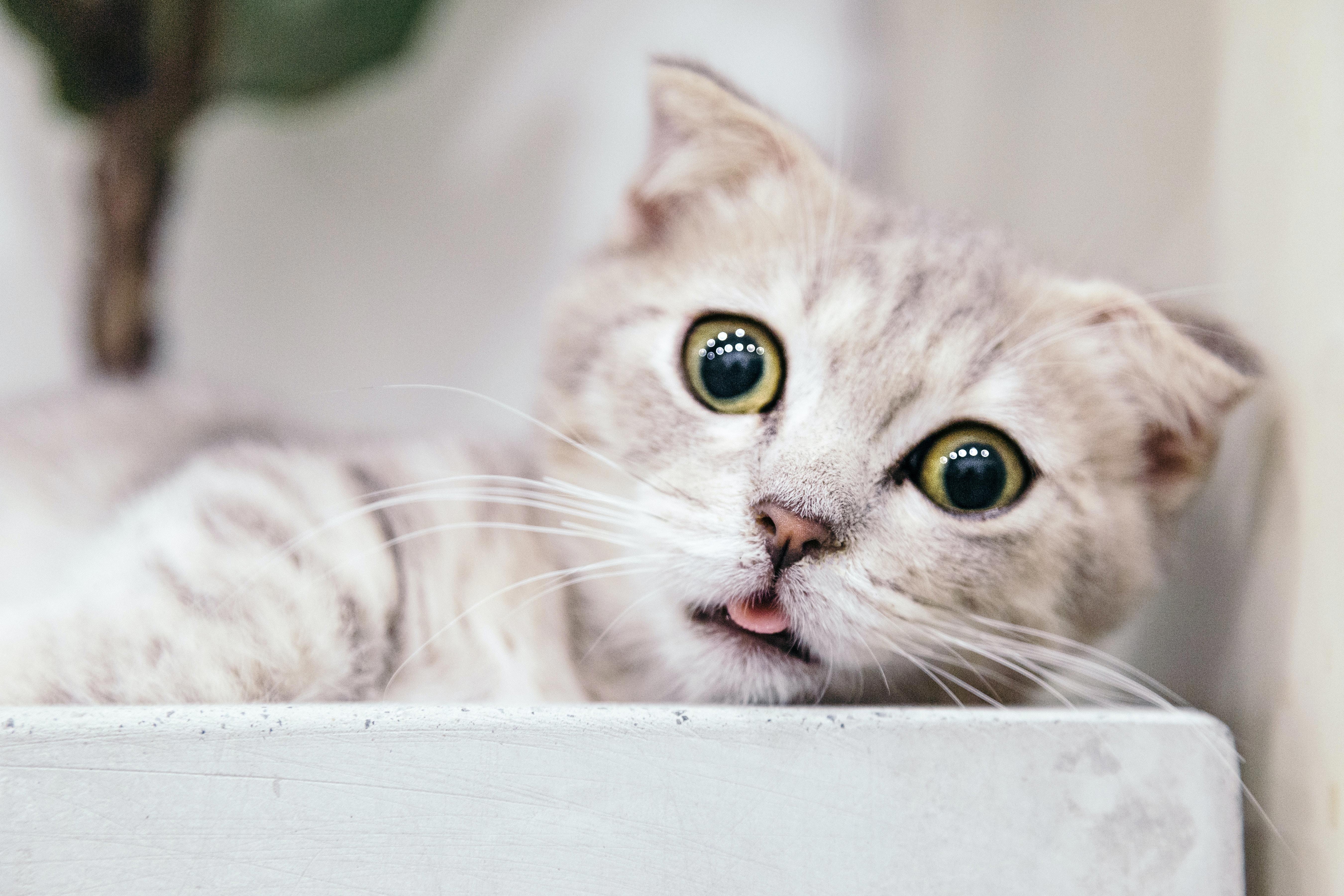The topic of whether or not fish can drown has been the subject of much debate over the years. Is it an urban legend, or is there actually some truth to this notion? Many people have their own opinions on the matter, but what do the experts say? In this blog post, we will explore the myth of whether or not fish can actually drown, and provide you with the facts that will help you decide for yourself.
Welcome to a discussion on one of the most enduring myths in the world of fish keeping: Can fish actually drown? It’s a question that has been debated for decades, and one that continues to be a source of confusion and intrigue among fish enthusiasts. To answer this question, we need to take a closer look at the anatomy and physiology of fish, as well as their behavior in the wild.
Before we dive into the specifics of this question, let’s first take a look at what is meant by the term “drowning”. In humans, drowning is defined as the inability to breathe due to submersion or immersion in liquid. As a result, the body is deprived of oxygen and death can occur. This definition does not apply to fish. That’s because fish have an organ called a “swim bladder” that allows them to regulate their buoyancy in water. This organ is filled with air and is essentially a buoyancy control device. Therefore, fish are able to regulate their buoyancy and stay afloat without the need to constantly swim.
Now, let’s take a closer look at the anatomy and physiology of fish. Fish have gills that allow them to breathe underwater by extracting oxygen from the water. This process is known as “gill ventilation” and it is the primary way that fish get oxygen. The other way they get oxygen is through their skin, which contains a mucus layer that absorbs oxygen from the water. The gills and the skin work together to provide oxygen to the fish.

So, if fish are able to get oxygen through their gills and skin, does this mean that they can’t drown? The short answer is, no. While fish may not drown in the same way that humans do, they can still suffocate. This can happen if the water in their tank or pond is not properly oxygenated. If the oxygen levels are too low, the fish may not be able to extract enough oxygen from the water and they can suffocate. This is why it is important to ensure that your tank or pond has the proper oxygen levels.
In addition to suffocating, fish can also die from environmental stress. This can happen if the water in the tank or pond is too cold or too hot, if the water is dirty, or if the water contains excess levels of ammonia or nitrates. All of these factors can lead to stress in fish and can ultimately result in their death.
Finally, fish can also die from being out of the water for too long. This is because they cannot breathe air like humans can. If a fish is out of the water for too long, it will eventually suffocate and die. This is why it is important to never leave your fish out of the water for extended periods of time.
So, can fish actually drown? The answer is no, but they can still suffocate and die from environmental stress or from being out of the water for too long. It is important to be aware of these issues and to take steps to ensure the health and safety of your fish. With proper care and maintenance, you can help to ensure that your fish remain healthy and happy.
In conclusion, it is clear that the myth of fish being able to drown is not true. Fish are able to breathe in water, and as long as they are in an oxygen-rich environment, they will not drown. While fish can die from a lack of oxygen in the water, this is due to environmental factors and not because the fish have drowned. It is important for us to understand the biology of fish and the environment in which they live in order to keep them healthy and happy.
Please follow us on Social Media



.jpg)



